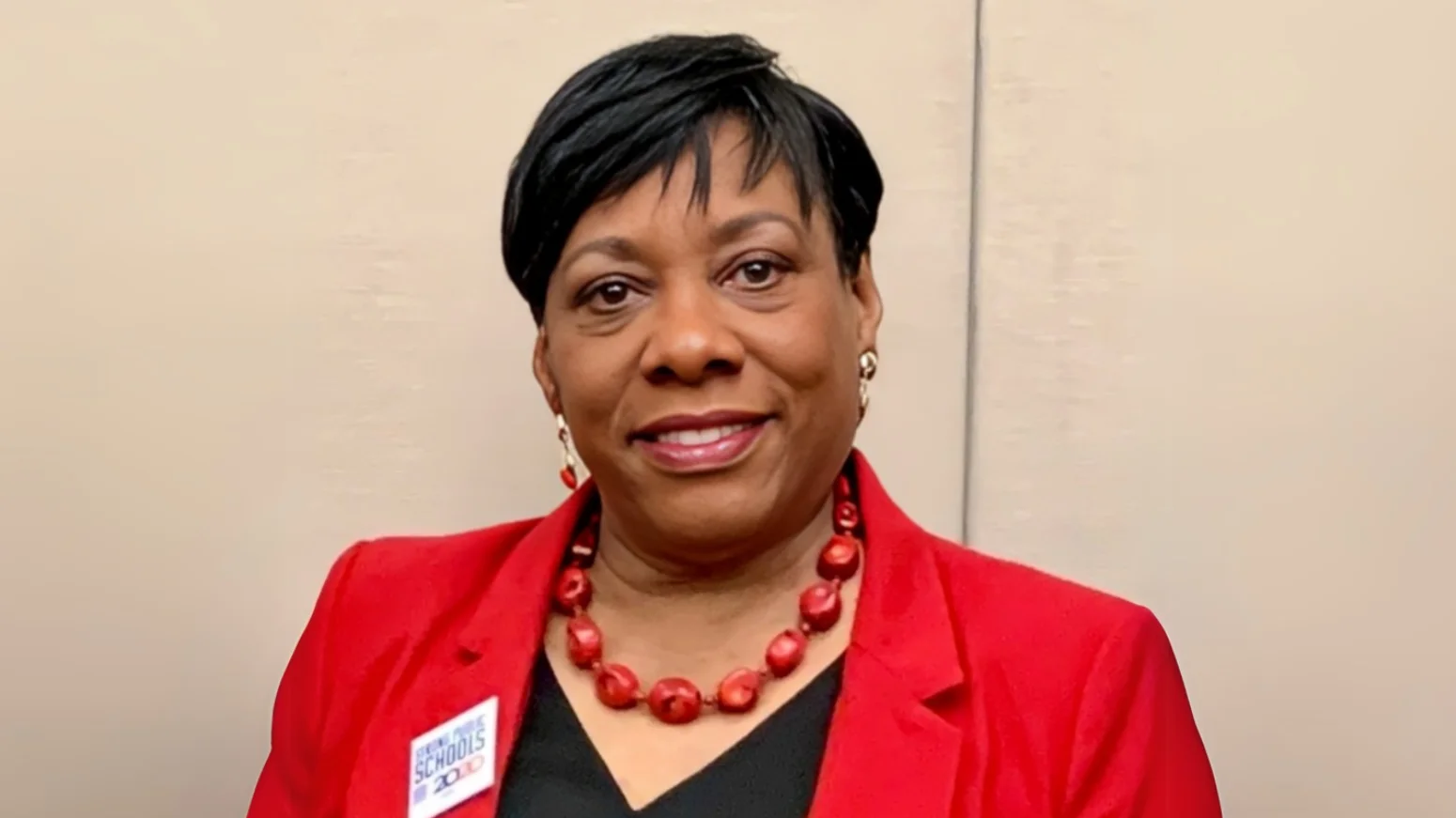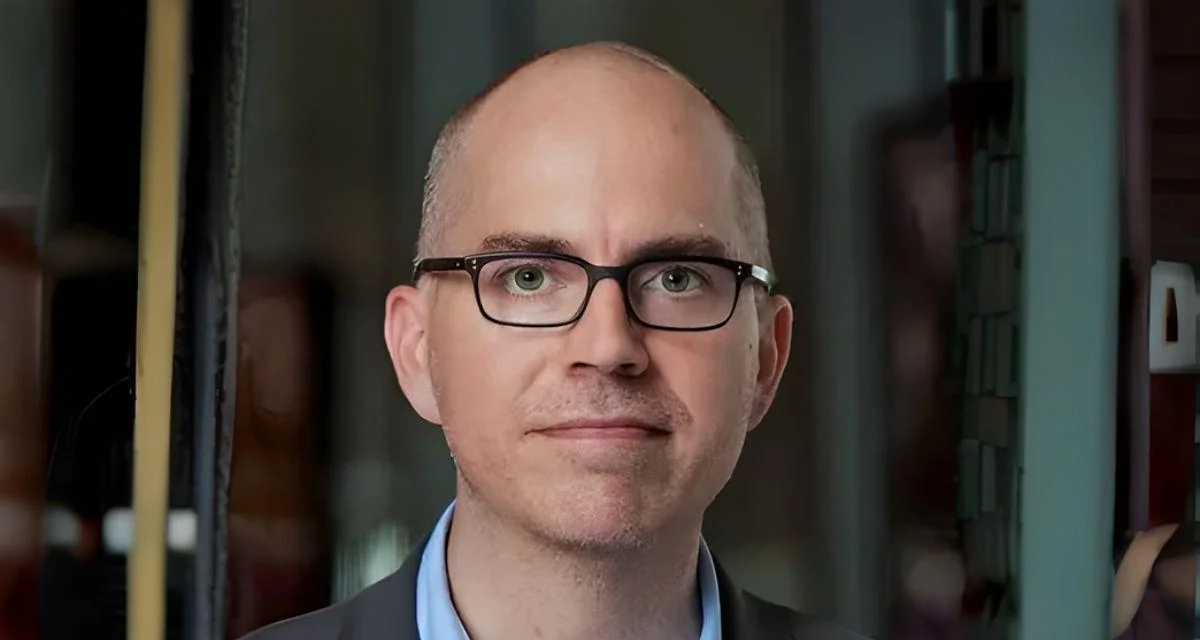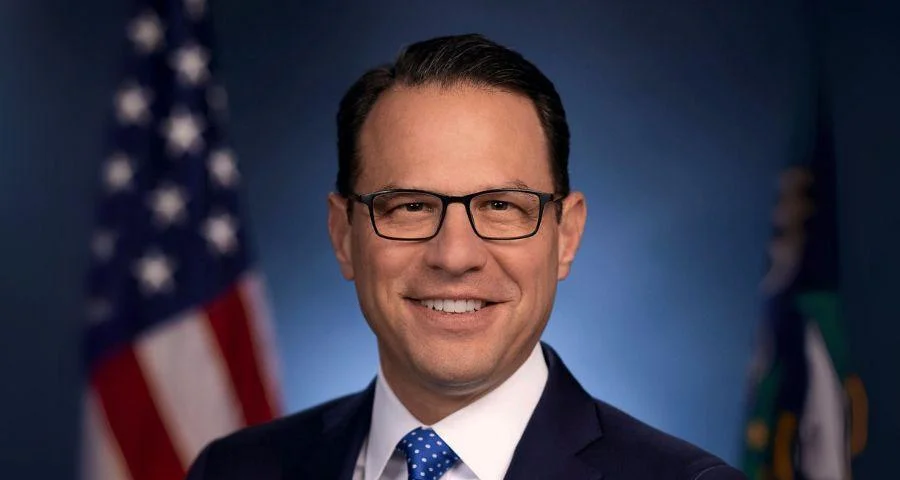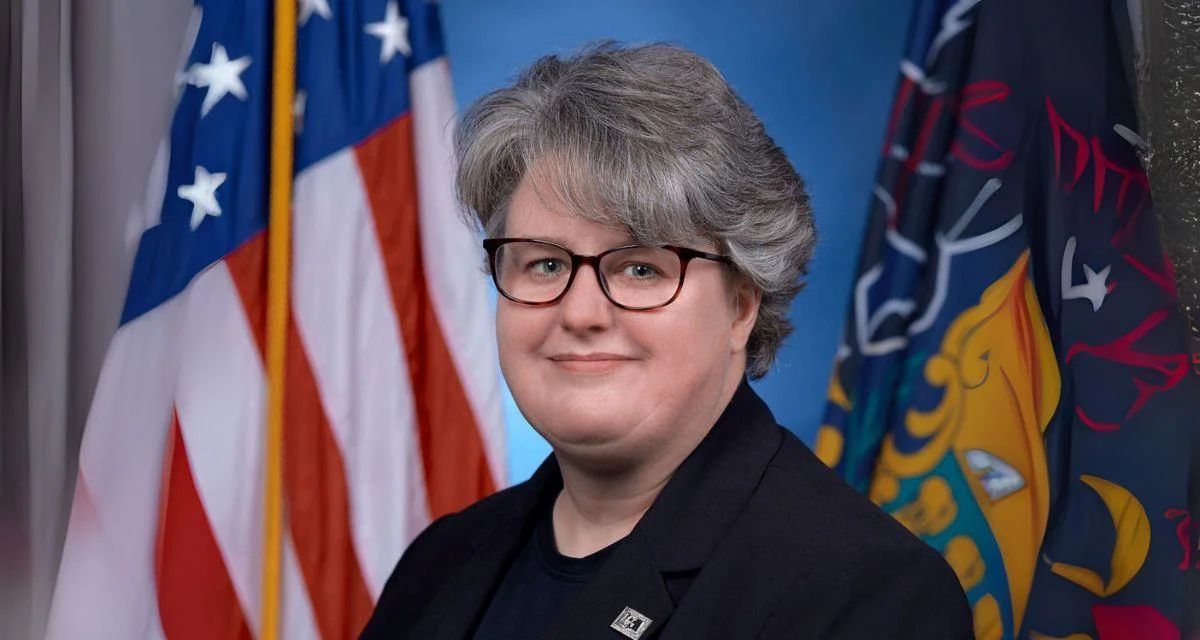
Emily Tate Sullivan Senior Reporter | EdSurge Research
In January, the White House directed the Department of Defense to develop a plan to provide military families with funds for public charters and private religious schools. This initiative is part of a broader effort by the administration to decentralize education and expand school choice options nationwide.
The administration believes that increased funding will offer families more choices and lead to improved educational outcomes. However, the reality for families trying to make informed decisions can be complex.
School choice varies significantly depending on location. Milwaukee is noted for having advanced legislation that holds private school options accountable. Wisconsin has long offered various school choice options, including vouchers for private schools, public charter schools, and traditional public schools. Public support for these options often surpasses satisfaction with the state's public school system.
Navigating these choices can be challenging, according to La Toyah Woods from City Forward Collective in Milwaukee. Families face difficulties in determining which schools best fit their needs due to inconsistent academic performance metrics across districts. The state's report cards use stars instead of an A-F scale, complicating comparisons between schools.
Families often rely on recommendations from friends and neighbors rather than official metrics. Popular schools tend to be expensive or have limited availability, particularly affecting inner-city families.
Some argue that despite its benefits, school choice has not been transformative for all families. Many default to enrolling their children in public schools unless they have specific concerns or experience navigating the system.
The effectiveness of these alternatives remains uncertain due to limited data on new universal choice programs. Past research on voucher programs shows mixed results; some studies indicate negative impacts on student outcomes, while others suggest improvements over time.
Charter schools have been studied more extensively. Research from Stanford's CREDO showed gains in reading and math for charter students compared to those in public schools, though interpretations vary regarding the significance of these findings.
Jon Valant from Brookings emphasizes the importance of monitoring progress and maintaining accountability in voucher programs. He argues that regulation is essential to ensure these programs benefit families and protect taxpayers' investments.
Howard Fuller, a longtime advocate for school choice in Milwaukee, highlights the political nature of debates over educational funding. He was instrumental in creating the Milwaukee Parental Choice Program aimed at increasing opportunities for low-income families.
Fuller acknowledges both improvements and challenges associated with choice policies but stresses the need for better funding and scrutiny of private schools. He advocates for expanding options while ensuring quality through increased accountability measures.
"Although I understand the value of choice in and of itself," Fuller says, "as someone who cares about kids, I can't stop there. I have to fight for quality."





 Alerts Sign-up
Alerts Sign-up